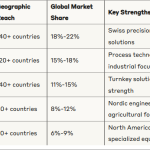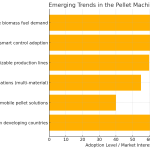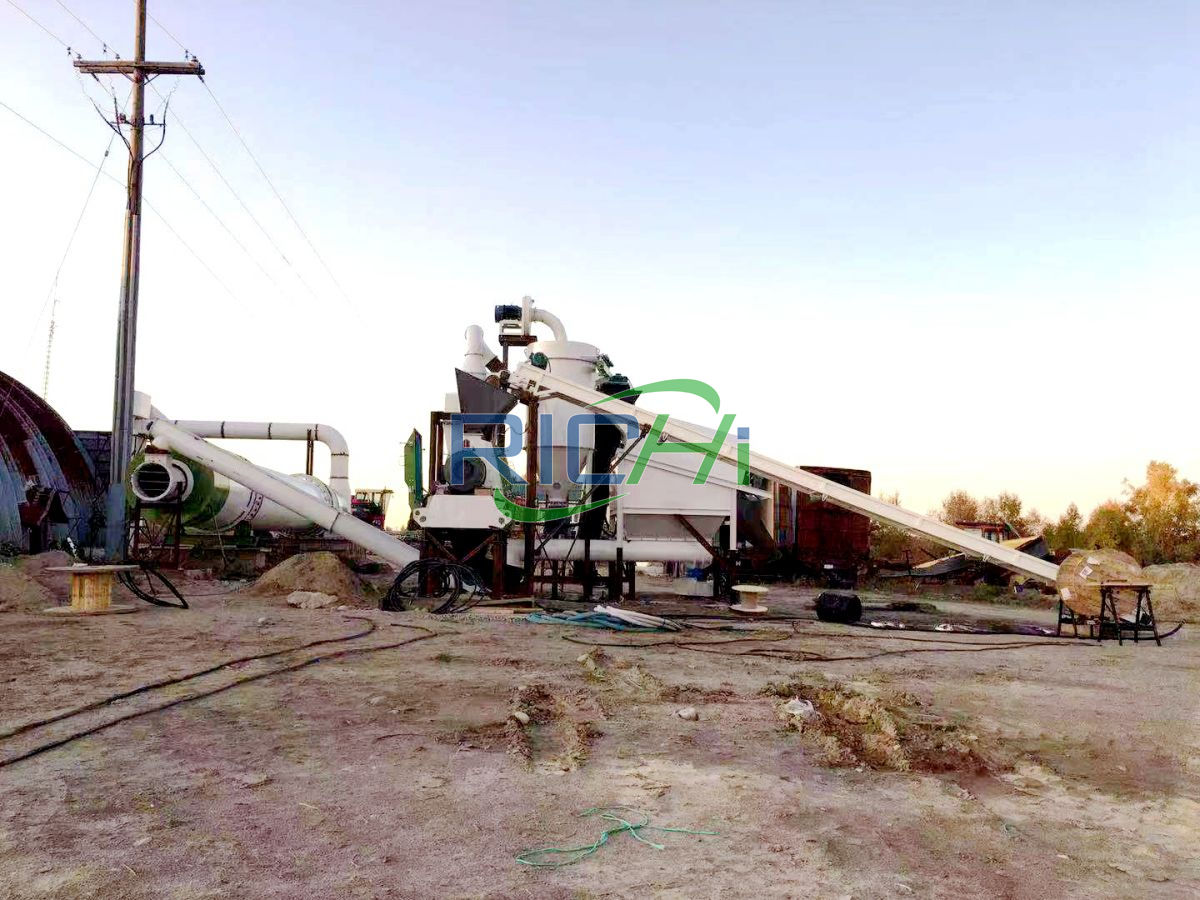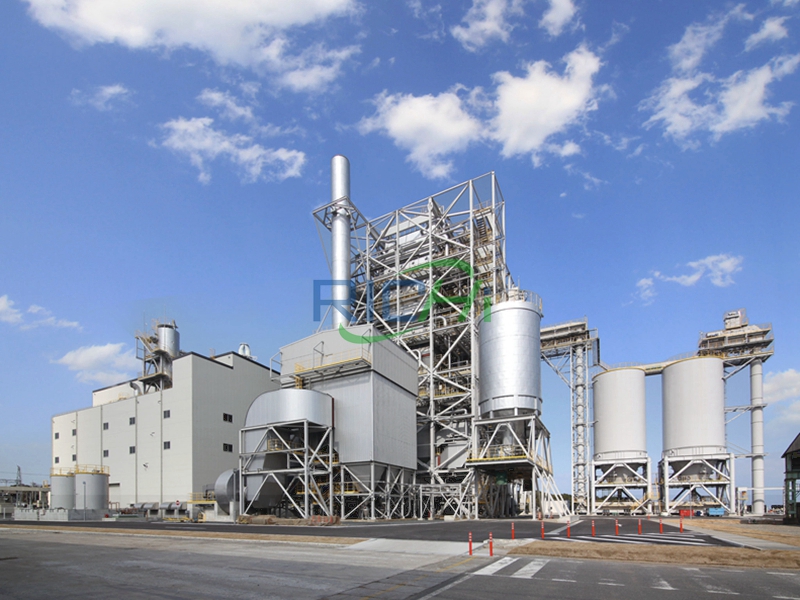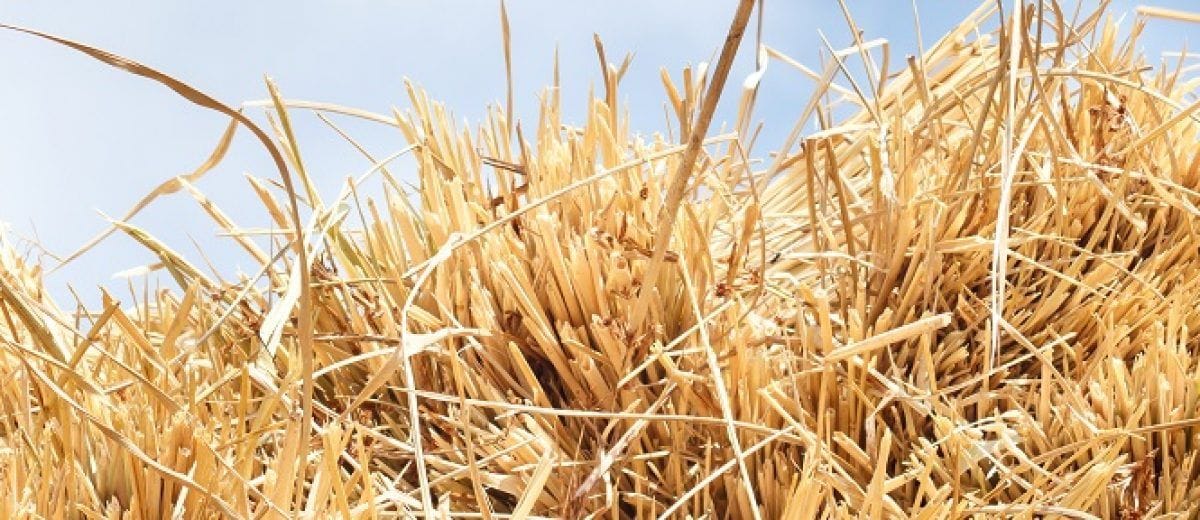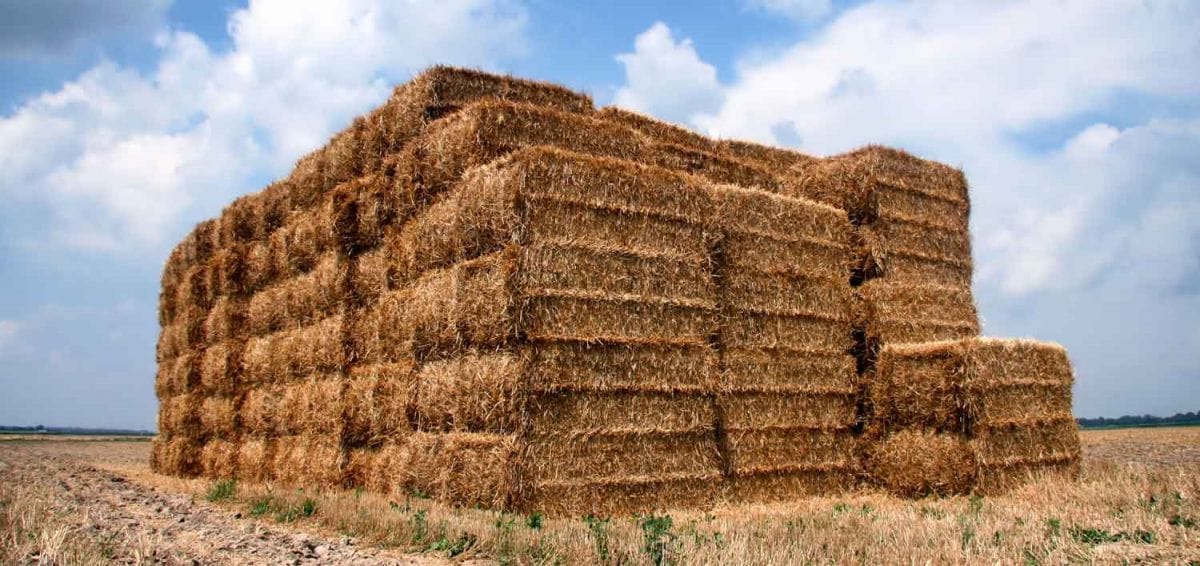The global shift towards renewable energy has significantly increased the demand for wood pellet production lines. A 2-3 tons per hour (t/h) wood pellet production line is a medium-scale investment that requires substantial technical support for installation, operation, and maintenance. The level and nature of technical support, especially concerning environmental protection requirements, can vary significantly across different countries. This article explores how technical support for wood pellet production lines varies with environmental protection requirements in different countries.
Key Factors Influencing Environmental Protection Requirements
- Local Environmental Regulations
- Countries with stringent environmental regulations require higher levels of technical support to ensure compliance.
- Regulations may include emissions control, waste management, and energy efficiency standards.
- Government and Industry Support
- Government initiatives and industry associations can play a crucial role in providing technical training and support for environmental compliance.
- Policies promoting renewable energy often include environmental protection measures.
- Infrastructure and Technology
- Well-developed infrastructure and advanced technology facilitate better environmental protection measures.
- Access to modern equipment and technology is essential for meeting environmental standards.
- Market Demand for Sustainable Products
- Consumer demand for environmentally friendly products can drive higher standards for environmental protection in production processes.
- Countries with strong market demand for sustainable products often have more stringent environmental requirements.
Countries Focused on Environmental Protection in Technical Support
- Germany
- High Level of Environmental Protection Requirements
- Key Factors: Stringent environmental regulations, strong government support, and advanced infrastructure.
- Example: Germany has extensive technical expertise and support networks due to its long history in renewable energy initiatives. The country enforces strict emissions control and waste management standards.
- Market Insight: In Germany, the presence of numerous equipment manufacturers and a well-developed supply chain ensures quick access to machinery and spare parts. Government programs also provide technical training and support for environmental compliance.
- Sweden
- High Level of Environmental Protection Requirements
- Key Factors: Strong focus on sustainability, advanced technology, and supportive government policies.
- Example: Sweden is known for its commitment to renewable energy and environmental protection. The country has rigorous standards for emissions and waste management.
- Market Insight: In Sweden, technical support includes comprehensive training on environmental protection measures and access to state-of-the-art technology to ensure compliance with stringent regulations.
- Canada
- Moderate to High Level of Environmental Protection Requirements
- Key Factors: Advanced technology, supportive government policies, and growing market demand for sustainable products.
- Example: Canada has strong technical support due to its developed biomass industries and focus on renewable energy. The country enforces strict environmental regulations, particularly in emissions control.
- Market Insight: In Canada, technical support includes training on emissions control technologies and waste management practices. The presence of local equipment manufacturers further enhances compliance with environmental standards.
- United States
- Moderate to High Level of Environmental Protection Requirements
- Key Factors: Advanced technology, skilled labor force, and supportive government policies.
- Example: The United States has strong technical support due to its developed biomass industries and focus on renewable energy. States like California have stringent environmental regulations.
- Market Insight: In the United States, technical support includes comprehensive training on environmental protection measures and access to advanced emissions control technology.
- China
- Growing Level of Environmental Protection Requirements
- Key Factors: Rapid industrialization, increasing government support, and improving infrastructure.
- Example: China is developing strong technical support systems driven by its growing renewable energy sectors. The government is increasingly focusing on environmental protection.
- Market Insight: In China, technical support includes training on emissions control and waste management. Local manufacturing of equipment also enhances compliance with environmental standards.
- India
- Moderate Level of Environmental Protection Requirements
- Key Factors: Growing focus on renewable energy, supportive government policies, and improving infrastructure.
- Example: India is developing technical support systems with government backing and improving infrastructure. The country is increasingly focusing on environmental protection.
- Market Insight: In India, technical support includes training on environmental protection measures and access to modern technology to ensure compliance with emerging regulations.
Detailed Analysis of Environmental Protection in Technical Support
- Germany
- Expertise: High level of local expertise due to a well-established biomass industry and strong government initiatives.
- Equipment Access: Easy access to machinery and spare parts from local manufacturers.
- Government Support: Strong incentives and policies promoting renewable energy and environmental protection.
- Infrastructure: Well-developed logistics networks ensure timely delivery of equipment and parts.
- Sweden
- Expertise: Extensive technical expertise and support networks driven by a long history in biomass processing and renewable energy.
- Equipment Access: Access to state-of-the-art technology for emissions control and waste management.
- Government Support: Comprehensive training programs and support for environmental compliance.
- Infrastructure: Advanced infrastructure supports high standards for environmental protection.
- Canada
- Expertise: Strong technical support in states with a high concentration of biomass production facilities.
- Equipment Access: Access to advanced technology for emissions control and waste management.
- Government Support: Supportive policies and training programs for environmental compliance.
- Infrastructure: Well-developed logistics networks facilitate compliance with environmental standards.
- United States
- Expertise: Strong technical support due to a developed biomass industry and focus on renewable energy.
- Equipment Access: Access to advanced emissions control technology.
- Government Support: Comprehensive training programs and support for environmental compliance.
- Infrastructure: Advanced infrastructure supports high standards for environmental protection.
- China
- Expertise: Growing technical support driven by government initiatives and local manufacturing of equipment.
- Equipment Access: Access to modern technology for emissions control and waste management.
- Government Support: Increasing focus on environmental protection and support for technical training.
- Infrastructure: Improving logistics networks support compliance with environmental standards.
- India
- Expertise: Developing technical support systems with government backing and improving infrastructure.
- Equipment Access: Access to modern technology for emissions control and waste management.
- Government Support: Emerging focus on environmental protection and support for technical training.
- Infrastructure: Improving logistics networks support compliance with environmental standards.
Conclusion
The technical support for a 2-3t/h straw pellet production line varies significantly across different countries, influenced by factors such as local expertise, access to equipment and spare parts, government and industry support, infrastructure, and regulatory environment. Countries like Germany, Sweden, Canada, and the United States generally offer the highest levels of technical support with a strong focus on environmental protection due to their established biomass industries, advanced technology, and stringent regulations.
China and India are rapidly developing their technical support systems driven by industrialization and government initiatives, with an increasing focus on environmental protection.Investors and operators must carefully consider these factors when planning to establish a straw pellet production line. By understanding the specific technical support conditions and leveraging local advantages, businesses can optimize their investment and achieve long-term success in the dynamic global market for biomass pellets while ensuring compliance with environmental protection requirements.


